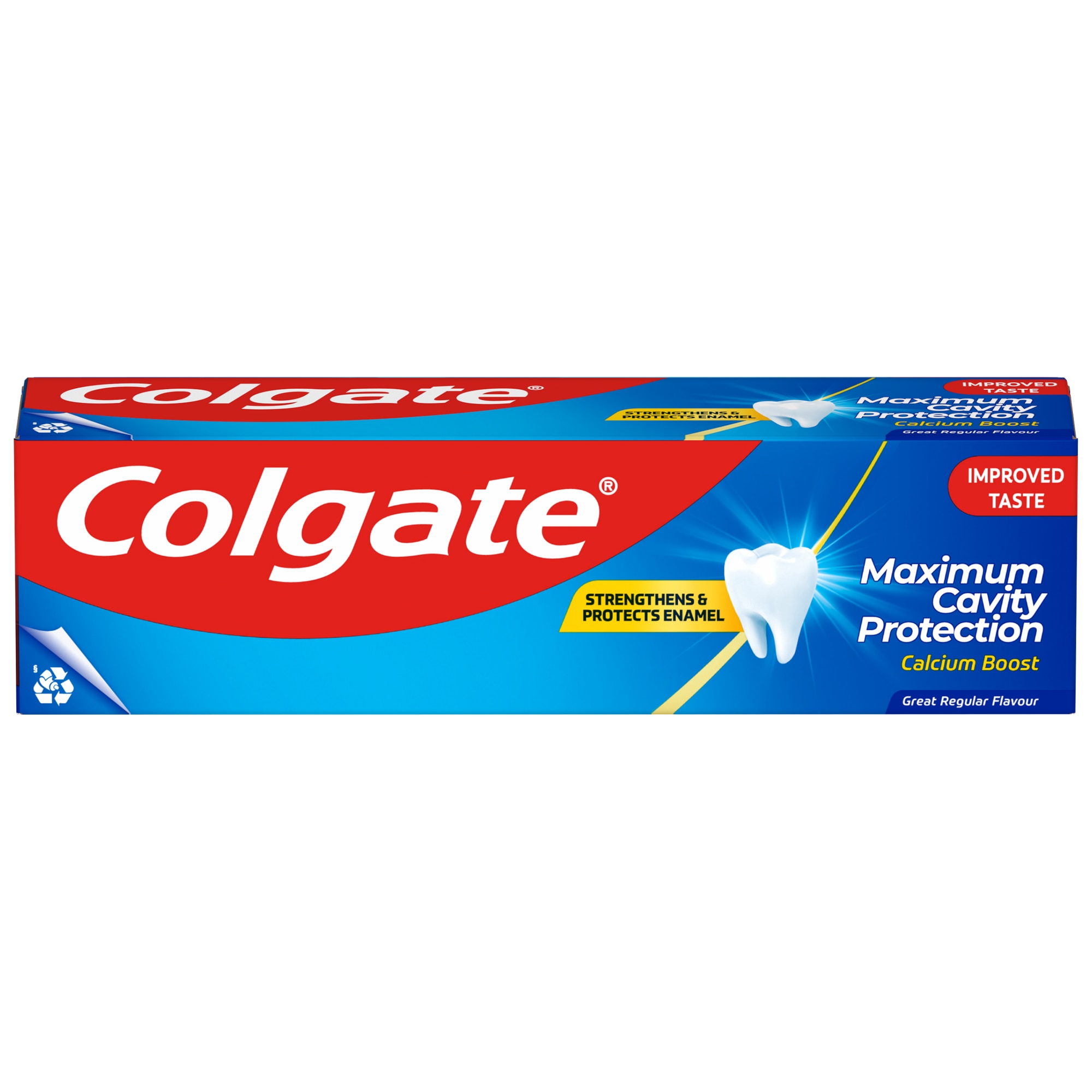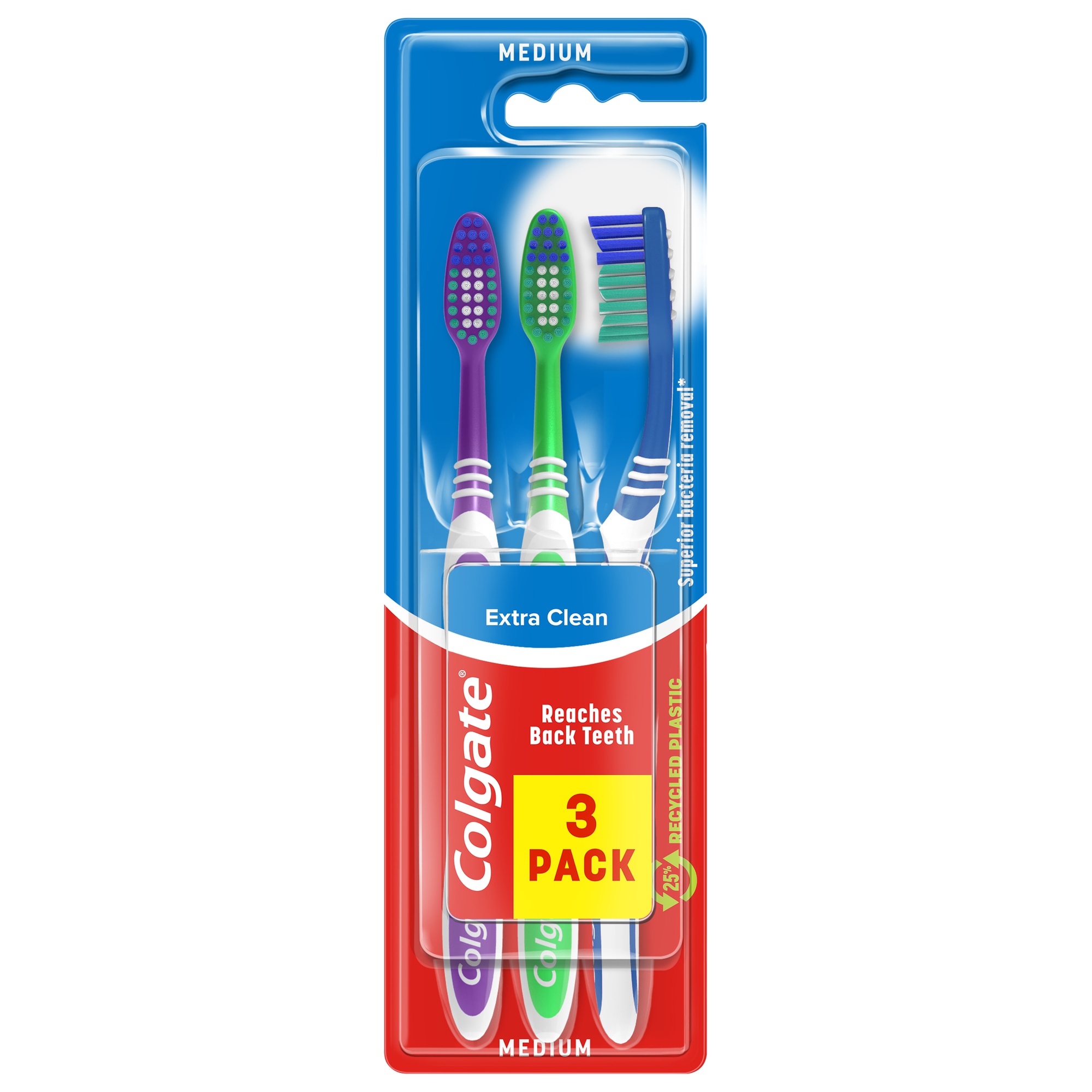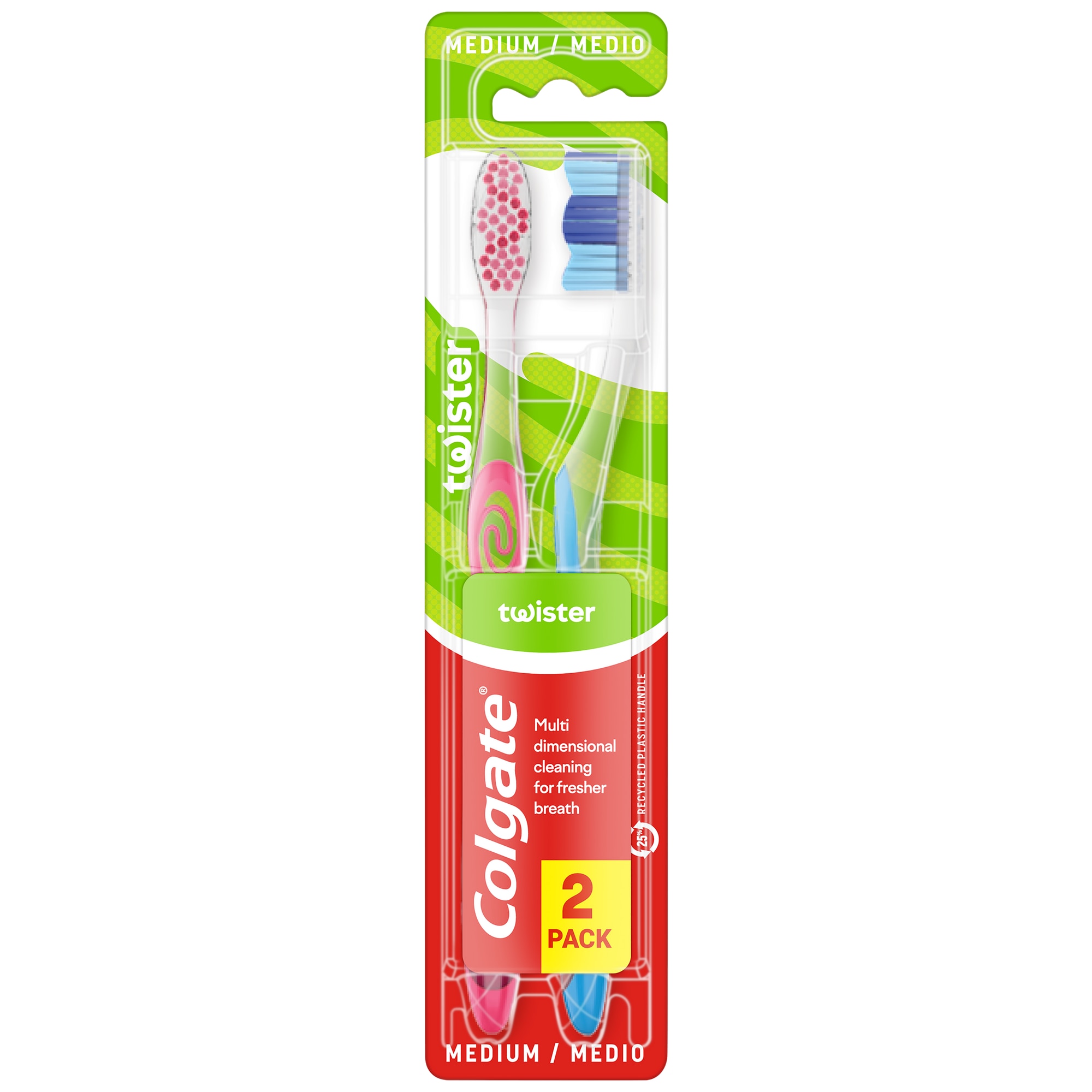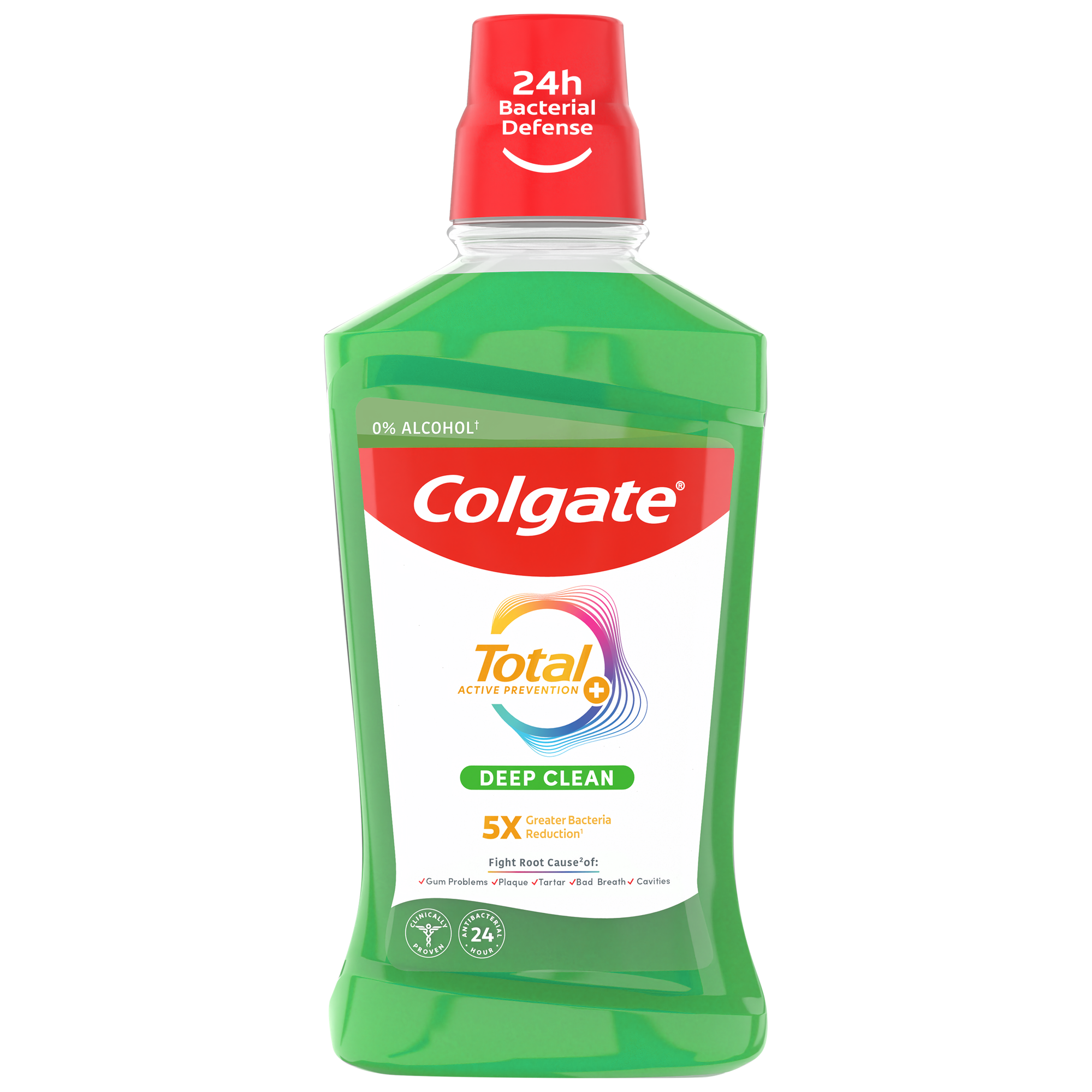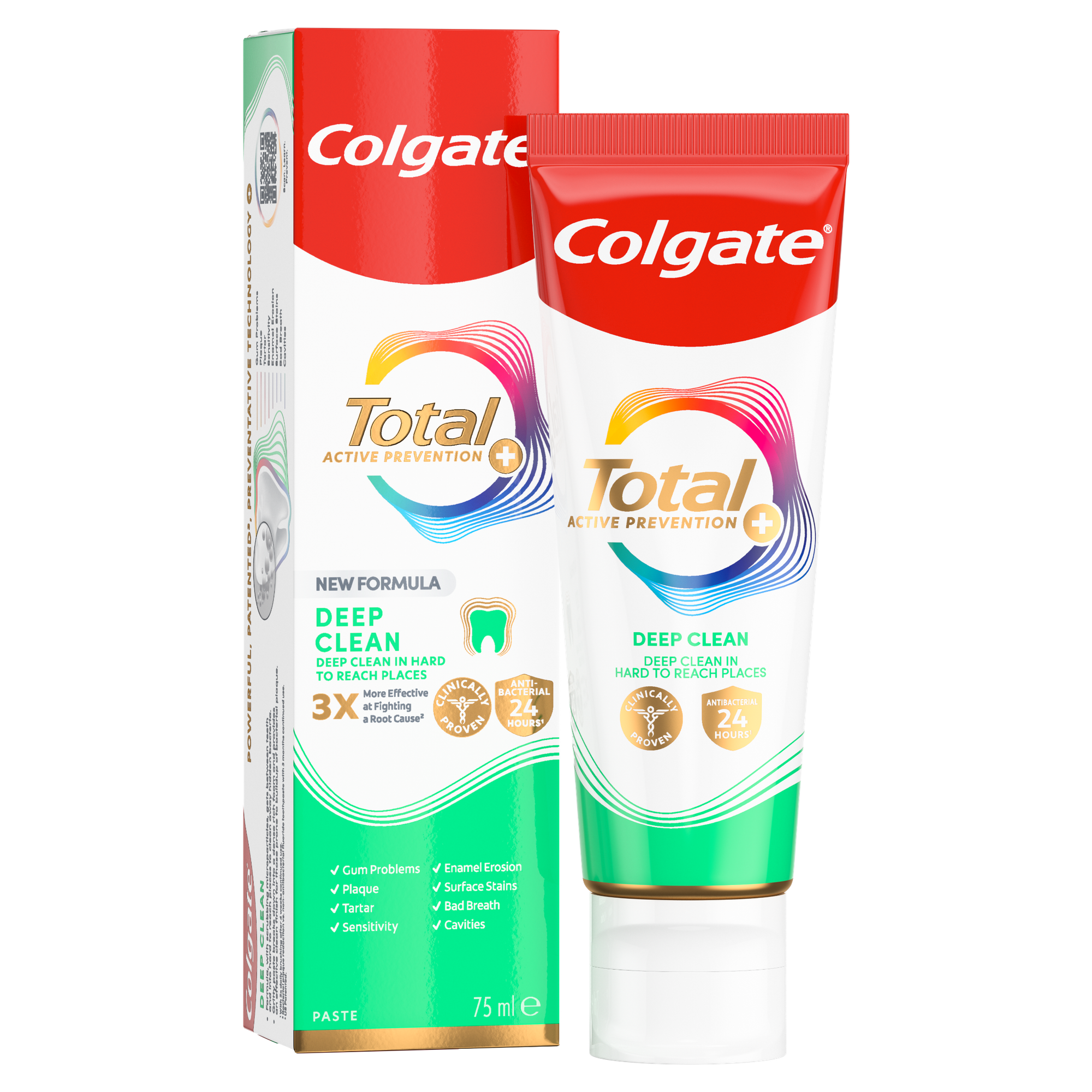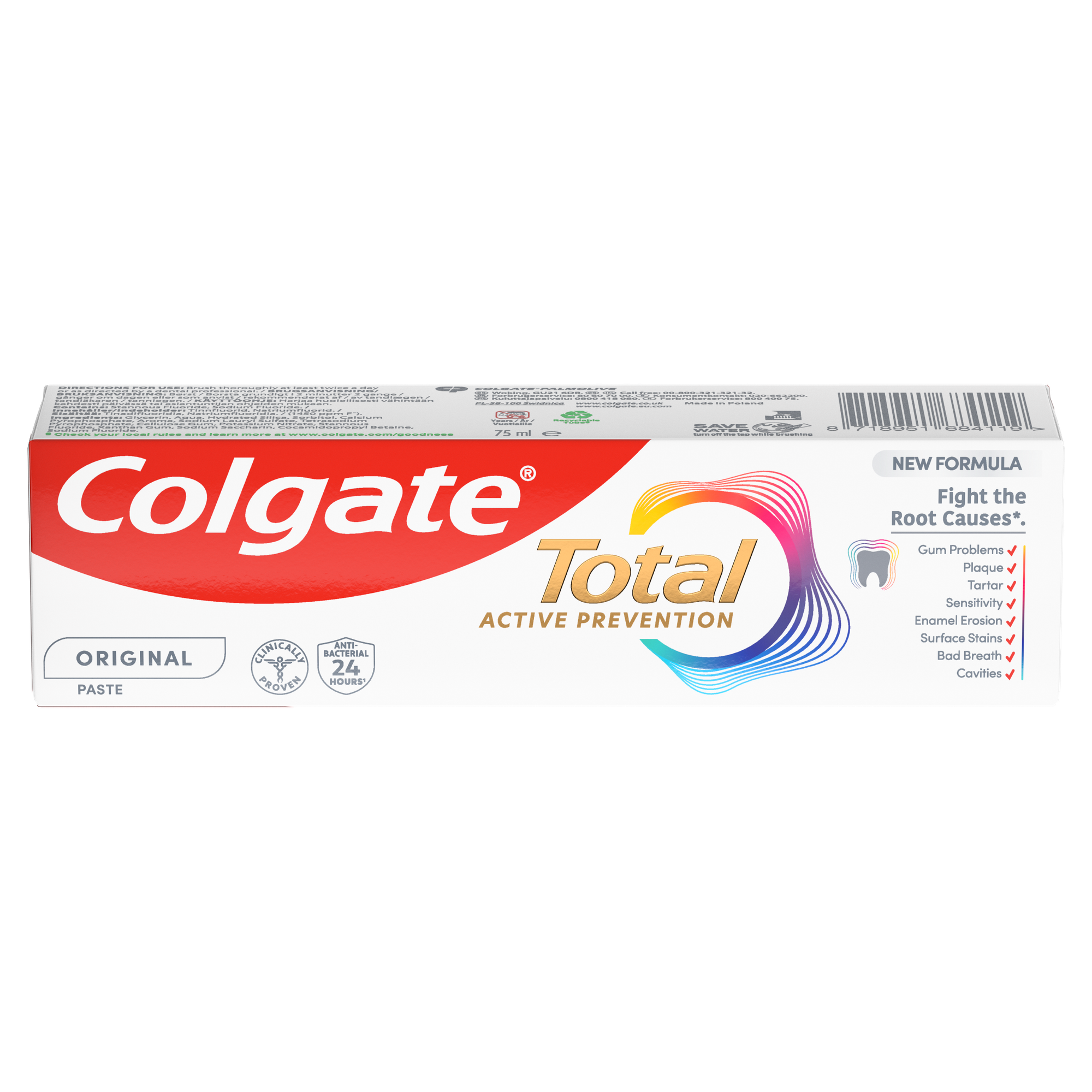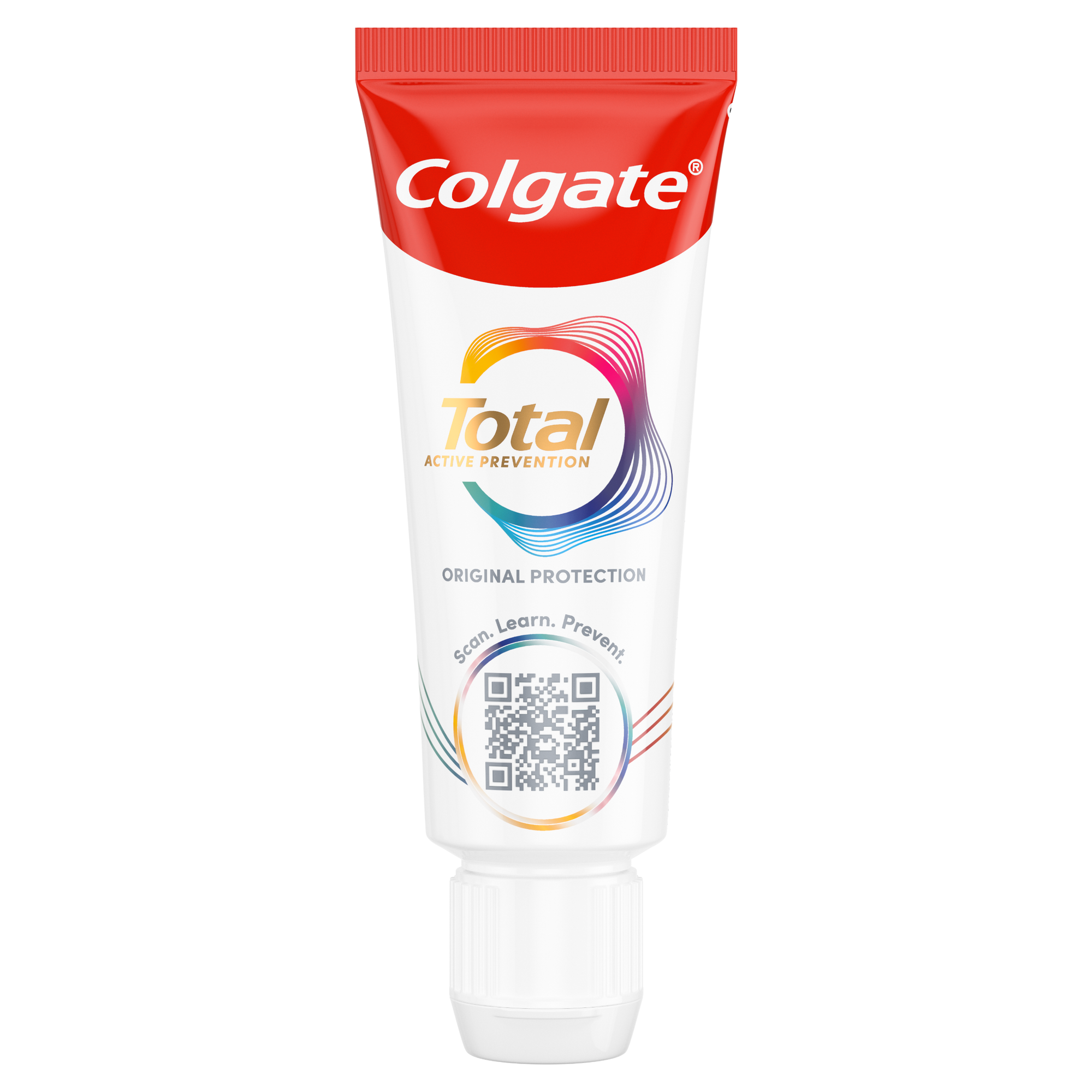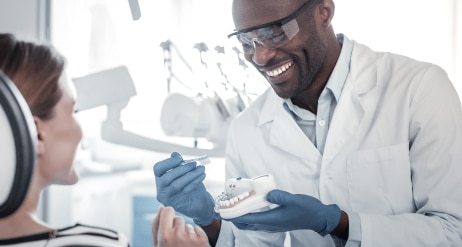1. Tissue Trauma
If an individual has a broken filling or sharp tooth, it can cause trauma in that region of the mouth quite easily by cutting into tissue. These types of mouth sores can also occur if a person bites his or her lip or cheek by accident, as a nervous habit or when reacting to a dental anaesthetic injection with a numb cheek, lip or tongue.
2. Tissue Burn
Many patients have experienced what professionals call a thermal burn. Also known as pizza burns, these occur when food that's fresh out of the oven or microwave is bitten into before allowing proper time to cool down. This results in a blistered mouth sore that is quite common. The NHS recommends patients take special care to keep these types of tissue burns clean during their week-long healing time. Use an antimicrobial rinse and limit your exposure to cigarettes and hot foods or drinks.
3. Tissue Irritation
Habits such as chewing tobacco, biting fingernails or chewing on straws can also irritate the soft tissue inside the mouth, causing mouth blisters or open sores to get worse. Patients who wear braces on their teeth often see these types of sores occur due to the irritation of their wires and metal or ceramic brackets rubbing against their inner cheek lining. Check with the orthodontist to see if they can shorten the ends of certain wiring.
Contagious vs Non-Contagious
Conditions such as Crohn's disease, vitamin B12 deficiency, lupus, anaemia, coeliac disease, pemphigoid, irritable bowel syndrome and ulcerative colitis can all present themselves in the mouth as oral blisters. These conditions are not typically contagious, though, and dental professionals often work together with medical doctors to determine a treatment plan that will increase the healing process, as well as patient comfort and management of the condition while it's present.
Communicable conditions such as chicken pox, herpes simplex type 2 (cold sores), coxsackievirus (hand, foot and mouth disease), herpes simplex type 1 (genital herpes), HIV/AIDS, infectious mononucleosis and syphilis each can produce similar blisters in mouth tissue that are varying degrees of contagious – specifically when the blisters break open and excrete the virus. These conditions each have separate symptoms that accompany the blisters, yet share the common need to visit a medical and dental professional to receive a treatment plan for proper disease management.
Treating and Preventing Mouth Blisters
The treatment and management of mouth blisters varies based on the size of the lesions and how easily they can be transmitted to others. For non-contagious blisters, patients can use a non-steroidal anti-inflammatory (NSAID, such as ibuprofen or paracetamol) to decrease pain, as allowed by their medical doctor. But apply ice to the areas, as well, and be sure to use an antibacterial rinse to prevent infection. In the event that these remedies do not provide relief, or if there are any questions regarding the blistered area, don't be afraid to contact your dental professional. Certain lesions may require the use of systemic antibiotics and/or a prescription mouthrinse to decrease your risk of further tissue damage.
In the event that a blister or mouth sore does not heal after 10 days, consult your dental professional for further evaluation. Some more serious conditions can appear as mouth blisters in early stages. Ultimately, early detection and treatment for these conditions is crucial, and your dental professional will help you to decide the best course of treatment.
This article is intended to promote understanding of and knowledge about general oral health topics. It is not intended to be a substitute for professional advice, diagnosis or treatment. Always seek the advice of your dentist or other qualified healthcare provider with any questions you may have regarding a medical condition or treatment.
